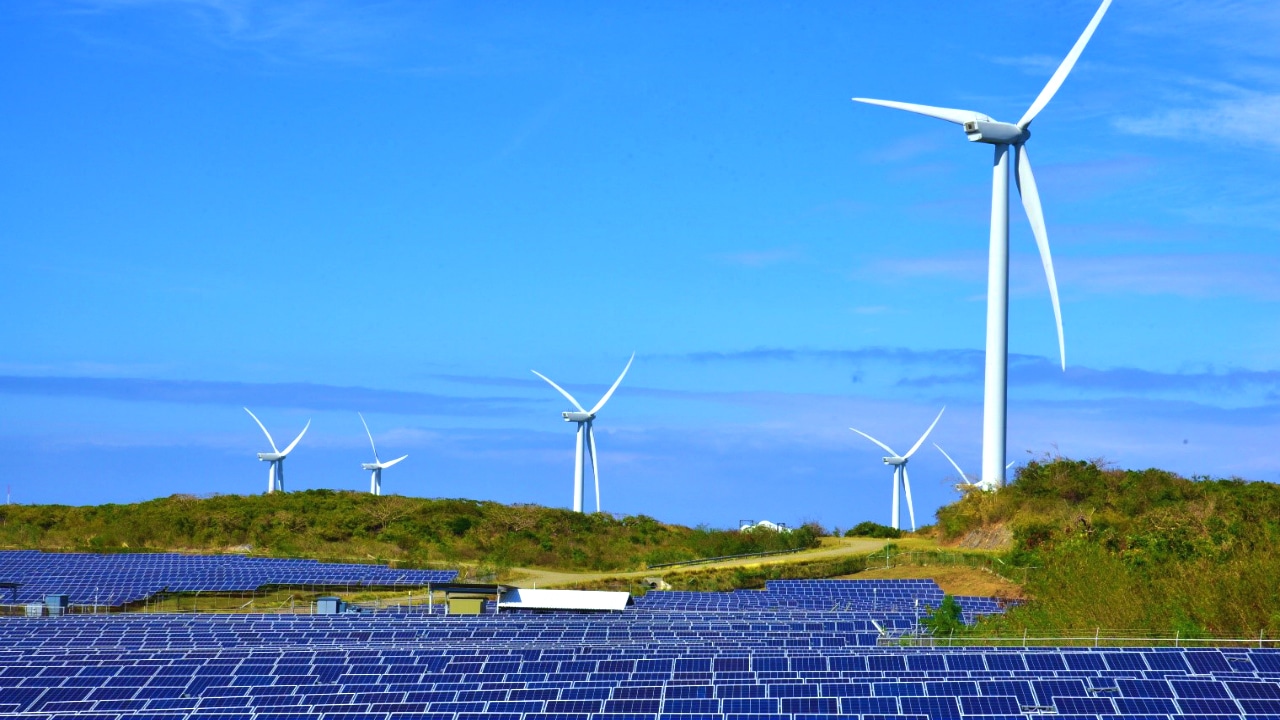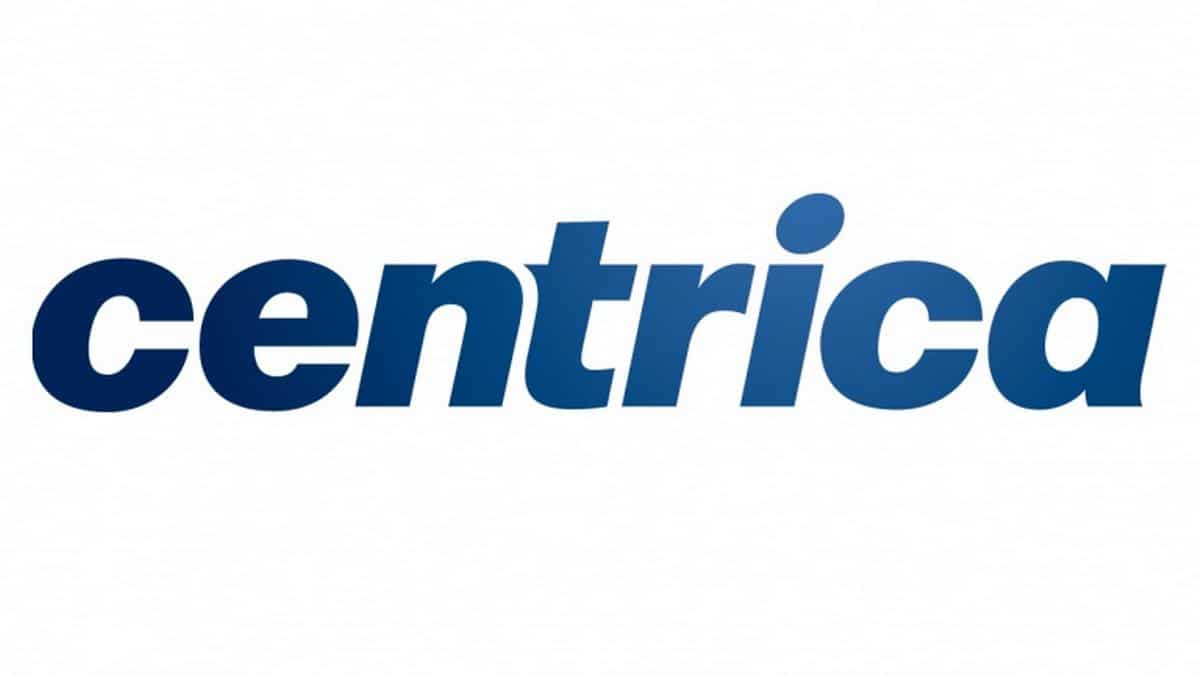Like most industries set to face significant changes due to the coronavirus pandemic, the energy sector is not alone. Worldwide investment in energy initiatives are set to drop by an estimated $400bn (£324bn) in 2020. This is the biggest decrease in the sector’s history, and is a result in the plummeting demand for gas and electricity.
The International Energy Agency (IEA) stated that this colossal plunge in demand for energy is the biggest seen since World War II. Oil prices suffered a historic crash and even turned negative for the first time in US history in the month of April.
According to the IEA, this decline in investment is “staggering in both its scale and swiftness” and is set to have a major impact across the sector. This includes renewable energy generation through solar and wind, in addition to fossil fuels such as coal and oil. In a recent report, the agency stated this decline in funding in areas such as renewables could slow down the transition towards a cleaner and sustainable future.
Fatih Birol, IEA’s executive director said: “The crisis has brought lower emissions but for all the wrong reasons, if we are to achieve a lasting reduction in global emissions, then we will need to see a rapid increase in clean energy investment. The slowdown in spending on key clean energy technologies also risks undermining the much-needed transition to more resilient and sustainable energy systems.”
At the beginning of 2020, the agency predicted that global energy investment would increase by 2% for the current year. This was to be the largest annual rise in six years. However, it now expects investment to fall by 20% each year.
It will come as no surprise that oil accounts for a large proportion of this reduction, mainly due to lockdown and travel restrictions throughout the whole world. Fracking companies are already under intense pressure as demand plummets and debts rise. This is a historic moment as worldwide consumer spending on oil is set to fall below the amount spent on electricity for the first time, according to the IEA.
Many energy companies are already assessing how they can cut costs, this will affect both new and existing energy projects. The necessary steps must be taken to ensure businesses remain viable on the other side of the pandemic.
It is worth noting that investment in renewable energy has proved to be more durable in comparison to fossil fuels. Although, the planned number of solar and wind projects fell to a three-year low in the first quarter of 2020.
Spending on electricity networks is set to be reduced by 9% this year. This uncertainty will have an impact on the development of more secure and sustainable power systems. According to the report, spending on battery storage and natural gas plants will also see less money.
Birol goes on to say that: “Electricity grids have been a vital underpinning of the emergency response to the health crisis, and of economic and social activities that have been able to continue under lockdown. These networks have to be resilient and smart to ward against future shocks. Today’s investment trends are clear warning signs for future electricity security.”
While the amount of funding available for these energy projects will be lower, it is important to remain optimistic as this is all temporary. Hopefully, as lockdown restrictions are eased from country to country, economies can start to reopen, enabling workers to get back to work.





